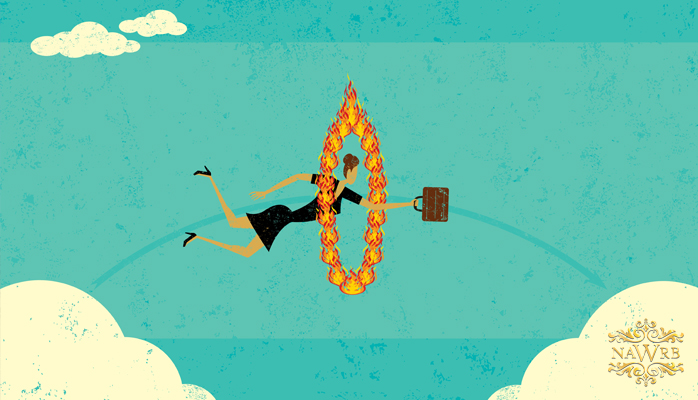The World Bank has released its report Women, Business and the Law 2016: Getting to Equal, addressing gender equality and the barriers obstructing women in hundreds of countries throughout the world. The report examines 173 economies and collects data across seven categories: accessing institutions, using property, getting a job, providing incentives to work, building credit, going to court and protecting women from violence.
Some of the report’s key findings are:
- 155 of the 173 observed economies have at least one law interfering with women’s economic opportunities
- There are a total of 943 legal gender differences within the 173 economies
- Women encounter gender-based job restrictions in 100 economies
- There exist no laws specifically protecting women from domestic violence in 46 of the economies covered
- By law, husbands can prohibit their wives from working in 18 of the examined economies
- Legal gender inequality leads to fewer girls attending secondary school, less working women, a diminished amount of women-owned businesses and a higher gender wage gap
- In the past two years, 65 economies passed 94 reforms growing women’s economic opportunities
Of the 173 addressed economies, women face disadvantages in every last one of them when it comes to the seven indicators listed above. In 32 of the economies, married women cannot apply for a passport in the same way as married men; in 30 economies, women cannot choose where to live; in 18, they cannot obtain a job without permission; and, in 17 of these economies, women cannot travel outside their homes the same way as men.
As troubling as this information is, it is the reality for millions of women throughout our world. The World Bank is bringing awareness of these injustices, and it is the responsibility of freer societies to oppose and combat them. As a society, we are only as free as the world’s most limited one.
To view the World Bank’s report in full, please click here.

 Login
Login

